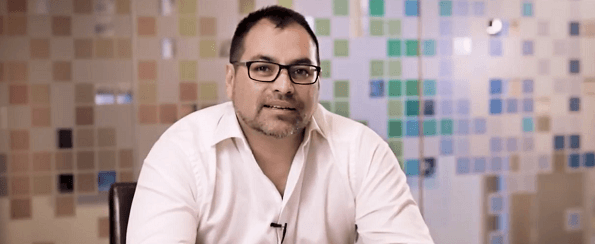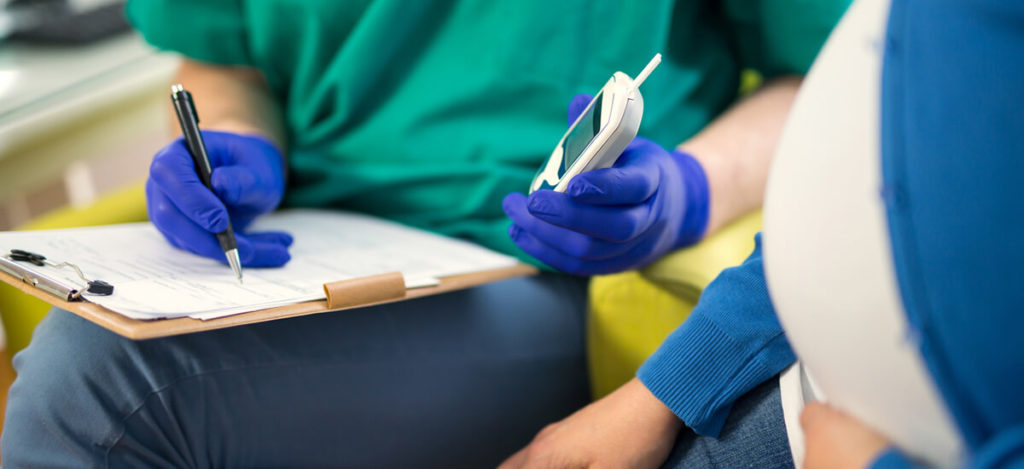Low blood sugar (hypoglycemia) is a recurrent problem for many people with diabetes. Successful transplantation of clusters (islets) of normal cells, that include those which produce the sugar-lowering hormone insulin, from the pancreas of a person who did not have diabetes into a person with diabetes should eliminate high blood sugar levels. We wish to determine if it will also eliminate low blood sugar. To do so we will give insulin to lower the blood sugar, measure the levels of the hormones that normally raise blood sugar levels (e.g., glucagon and epinephrine) and then stop the insulin and see if blood sugar levels return to normal. Because we anticipate that the transplanted islets will produce insulin, but not glucagon, this study may also tell us if regulated insulin production alone can prevent hypoglycemia in humans.
Official Title
Conditions
– Diabetes Mellitus
Study Type
Interventional
Study Design
Treatment, Non-Randomized, Single Blind
Further Details
Study Start
Eligibility & Criteria
Ages Eligible for Study: 18 Years and above, Genders Eligible for Study: Both Accepts Healthy VolunteersCriteria Inclusion Criteria:Clinically stable, insulin dependent islet transplant recipients and matched nondiabetic healthy controls
Total Enrolment
Contact Details
[1] Philip E. Cryer, M.D. 1-314-362-7635 pcryer@imgate.wustl.edu[2] National Center for Research Resources (NCRR) US
All content and media on the HealthEngine Blog is created and published online for informational purposes only. It is not intended to be a substitute for professional medical advice and should not be relied on as health or personal advice. Always seek the guidance of your doctor or other qualified health professional with any questions you may have regarding your health or a medical condition. Never disregard the advice of a medical professional, or delay in seeking it because of something you have read on this Website. If you think you may have a medical emergency, call your doctor, go to the nearest hospital emergency department, or call the emergency services immediately.







